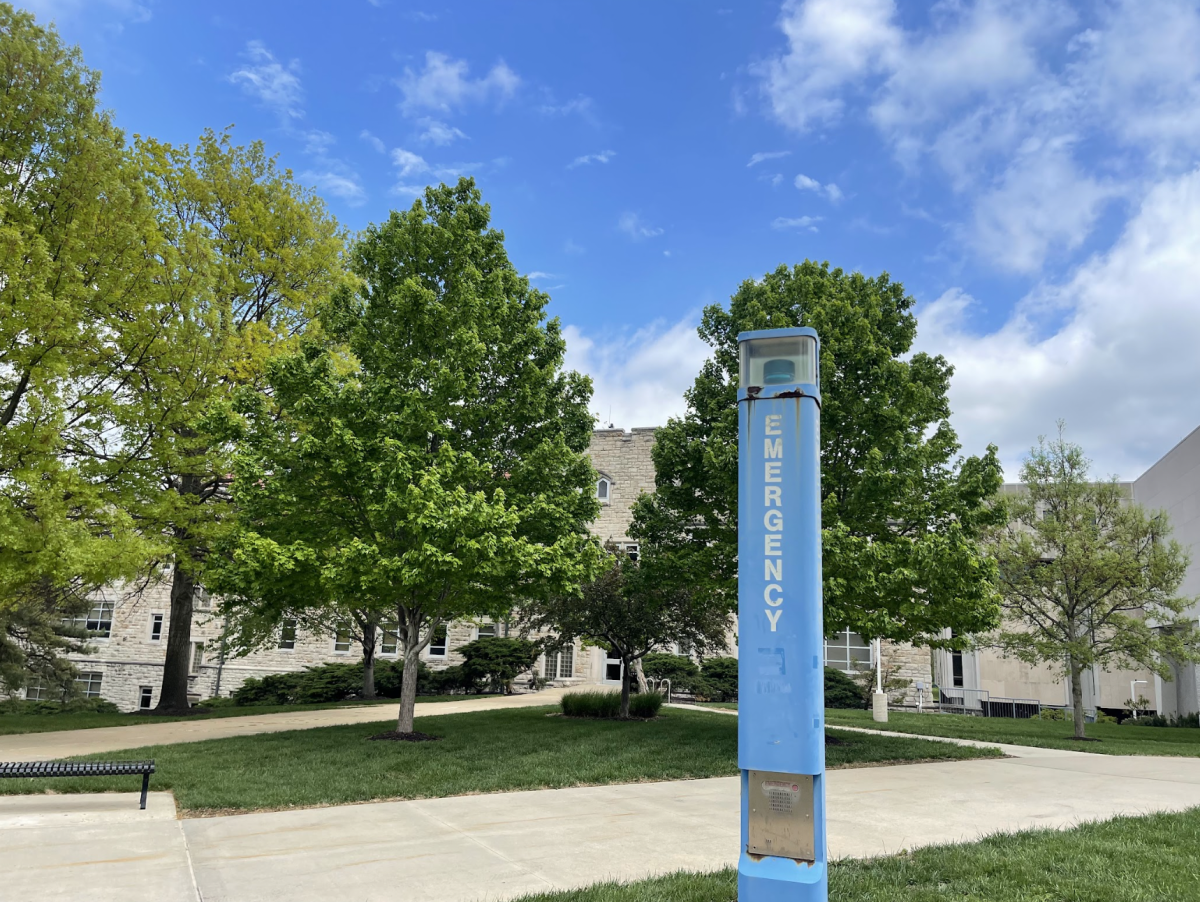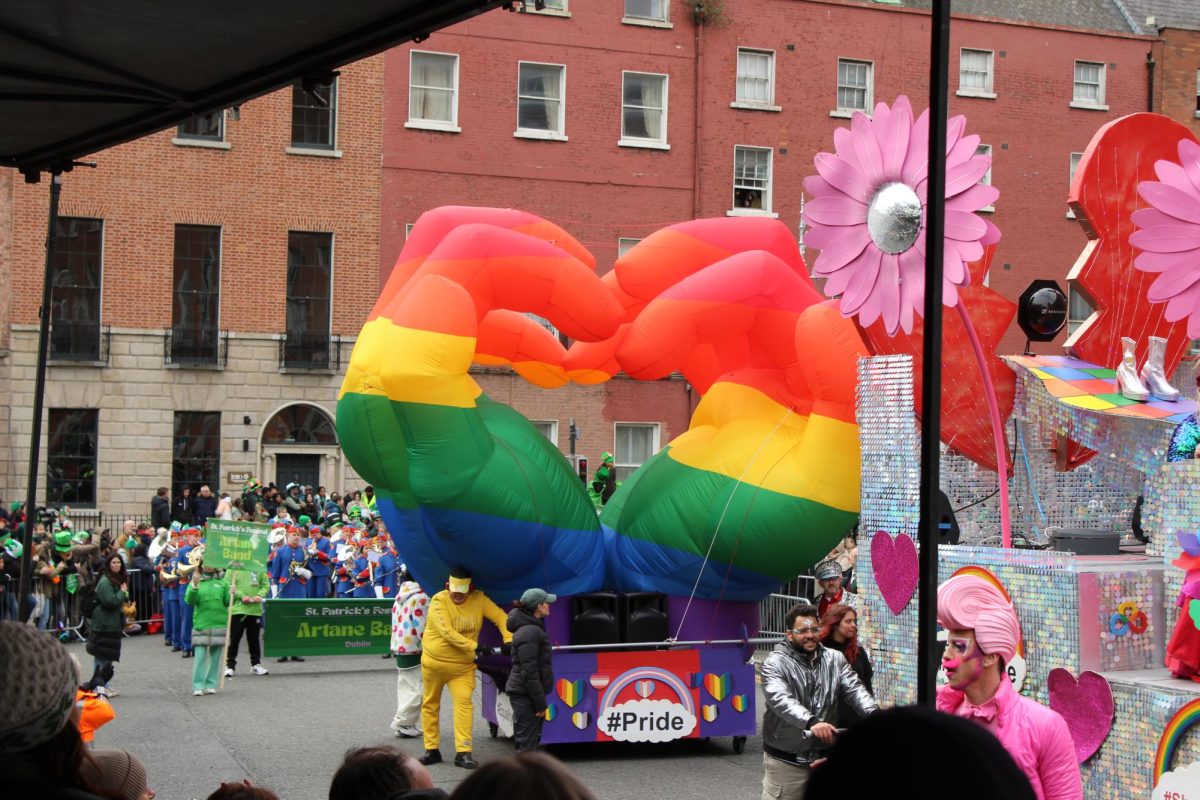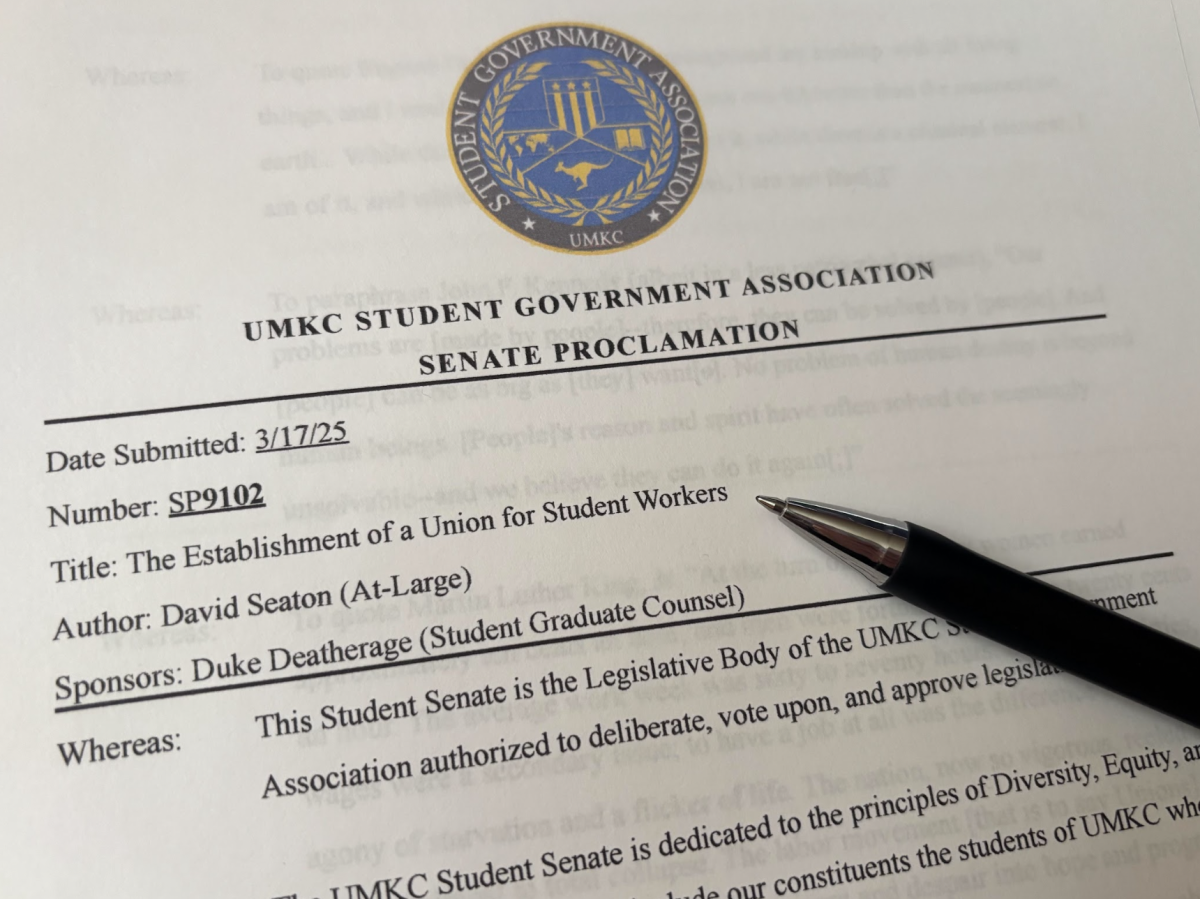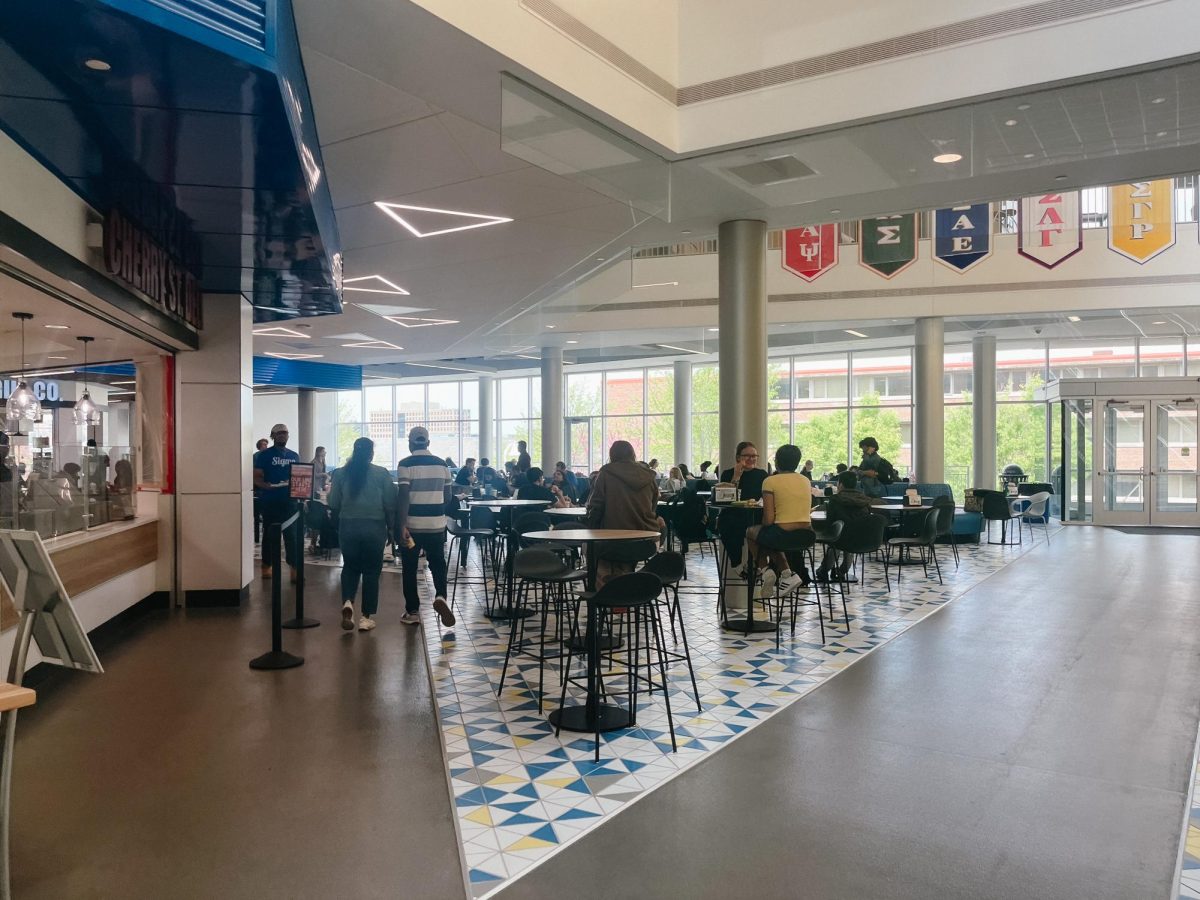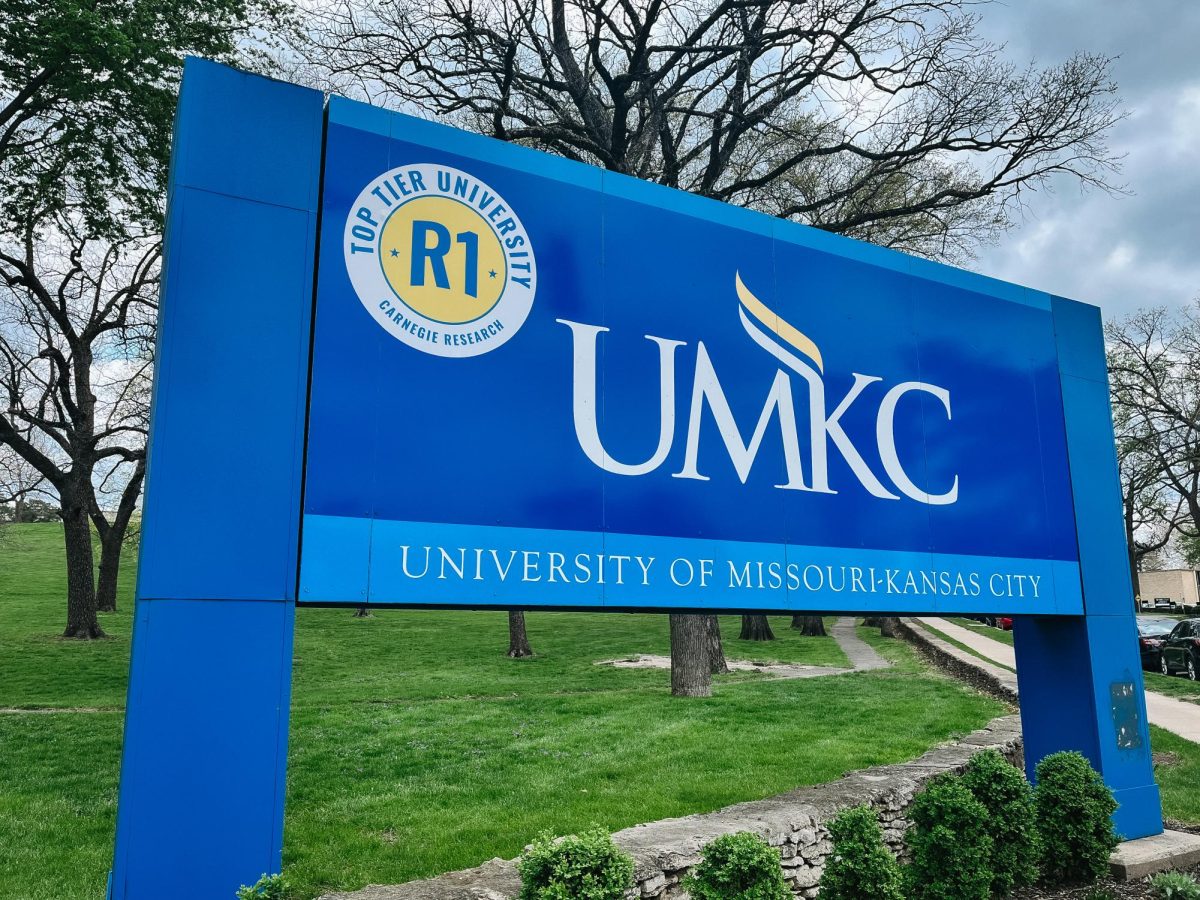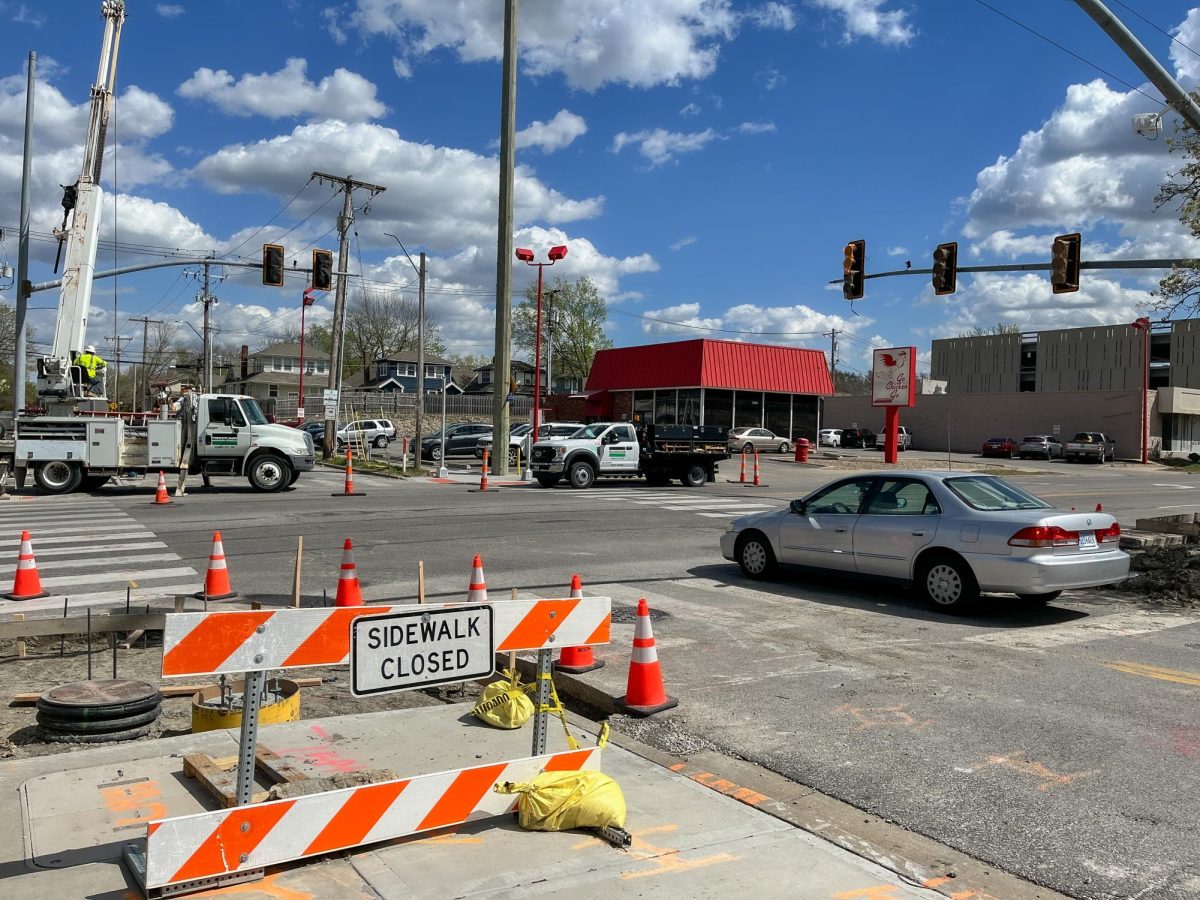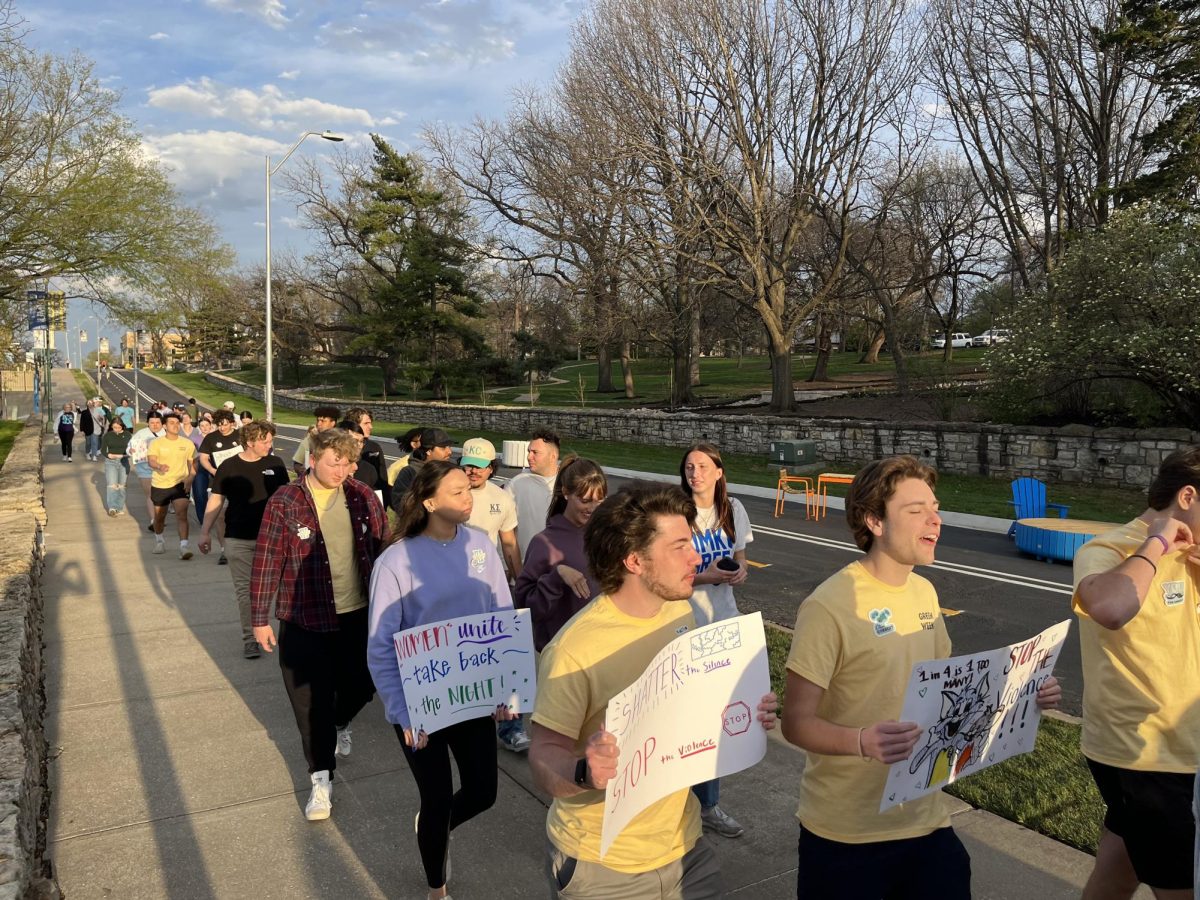UMKC graduate Gracie Caggiano performed on Sept. 18 at the Oppenstein Brothers Memorial Park, highlighting her experiences living with a disability in KC.
She sang for the Art in the Loop foundation, which focuses on revitalizing downtown with free concerts and art installations. She performed alongside the Mexican folklore dance group Alma Tapatia and beatboxer Luke “Skippy” Harbur.
Each performer tailored their set to the theme of convivencia, or coexistence. Caggiano tied this theme to living with muscular dystrophy, a genetic disease that causes weakness in the muscles. She used alternate tunings on her guitar, helping her play despite her disability.
“My set explores uncensored themes of disability in my lived experience,” said Caggiano. “Whether it be a contemplation of disability’s meaning, the lack of access or the thread that stitches my relationships.”
Caggiano graduated from UMKC in 2023 with a master’s in composition. She highlighted the distinguished faculty, special topics courses and use of comprehensive projects as reasons she was drawn to the program.
Composition professor Yotam Haber said that Caggiano initially felt pressure to write serious, classical compositions. He encouraged her to write music inspired by musicians she loved such as Joni Mitchell and Carole King.
“Gracie and I talked a lot about how her music should grow and emerge from all the music that she loves, no matter the style or genre,” said Haber. “I have been so moved by the deeply personal, incredibly powerful music that she has been writing.”
Caggiano debuted a new song, “Embrace Thorns,” inspired by a poem by Dani d’Emilia and Daniel B. Chávez titled “Radical Tenderness”. The poem focuses on the contradictions that come with relationships, highlighting both tension and release.
“While we honor the importance of rage,” said d’Emilia in a post to her website. “How can radical be tender – and tenderness be radical – in our alliances, our communities, and our interpersonal relationships?”
Caggiano views the idea of “embracing thorns” as a radical act, choosing to accept pain rather than try to overcome it.
“We integrate with pain and understand it as a natural and real part of life,” said Caggiano. “We make space for our own pain, as well as others’ pain, so that the whole body is loved.”
Caggiano said she wants to change others’ perception of disability to something more complex. She hopes people view a disability as a complex poem instead of tragedy.
“It [my music] was an offering to our community,” said Caggiano. “My hope is that anyone who passed through Oppenstein Park left with at least one disability-related concept to ponder.”
To learn more about Caggiano and her music, check out her website or Instagram.


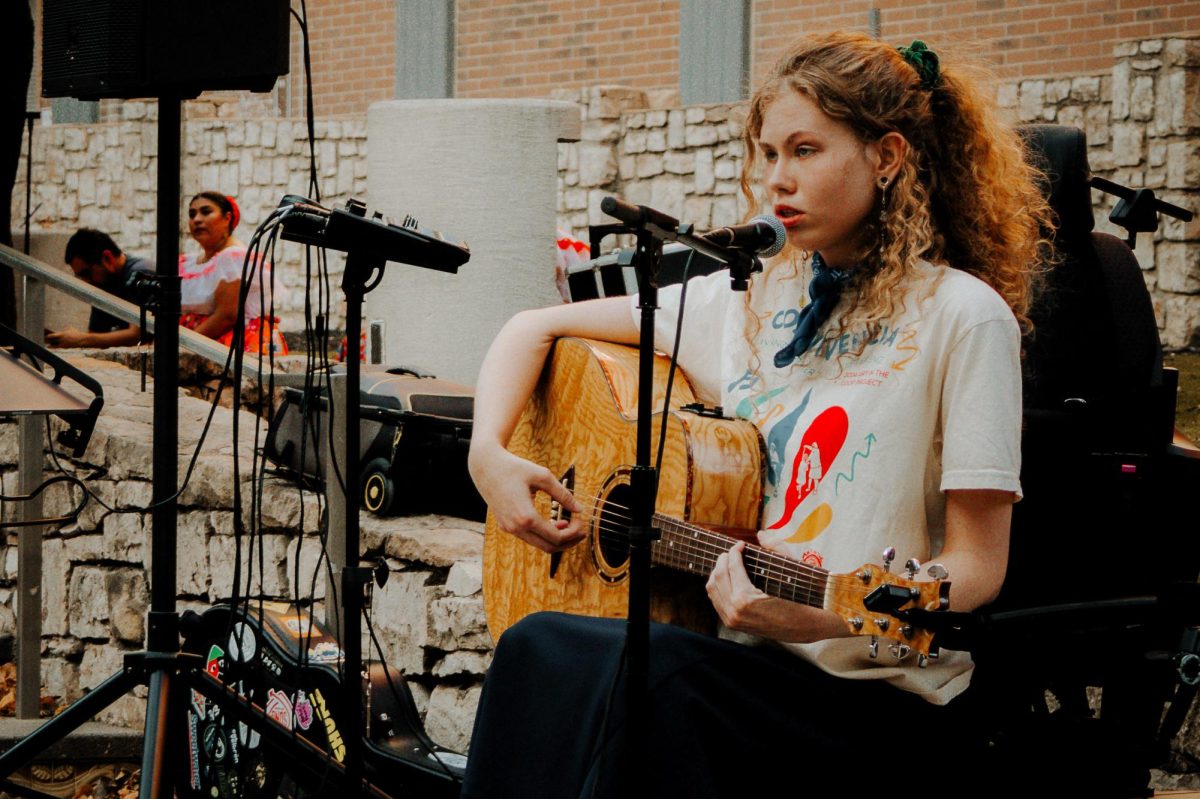
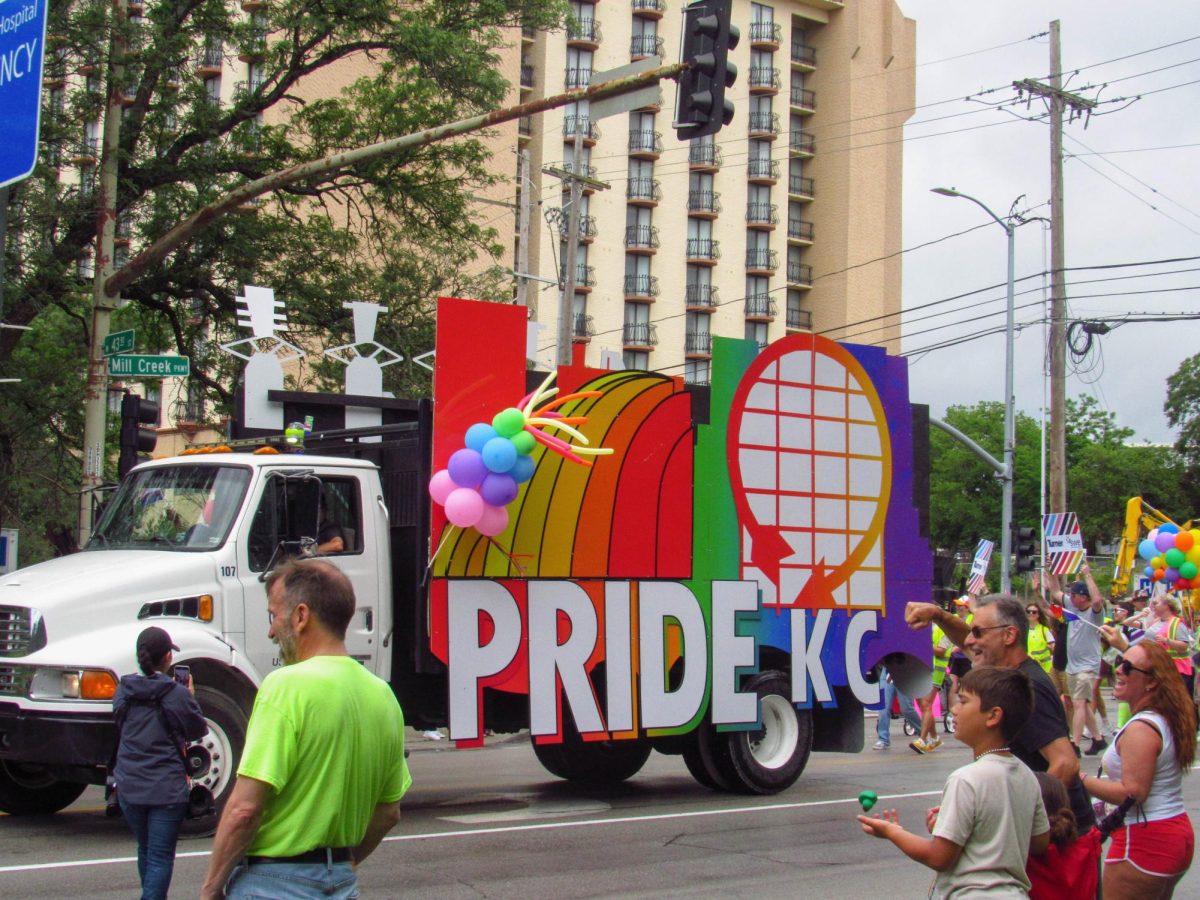


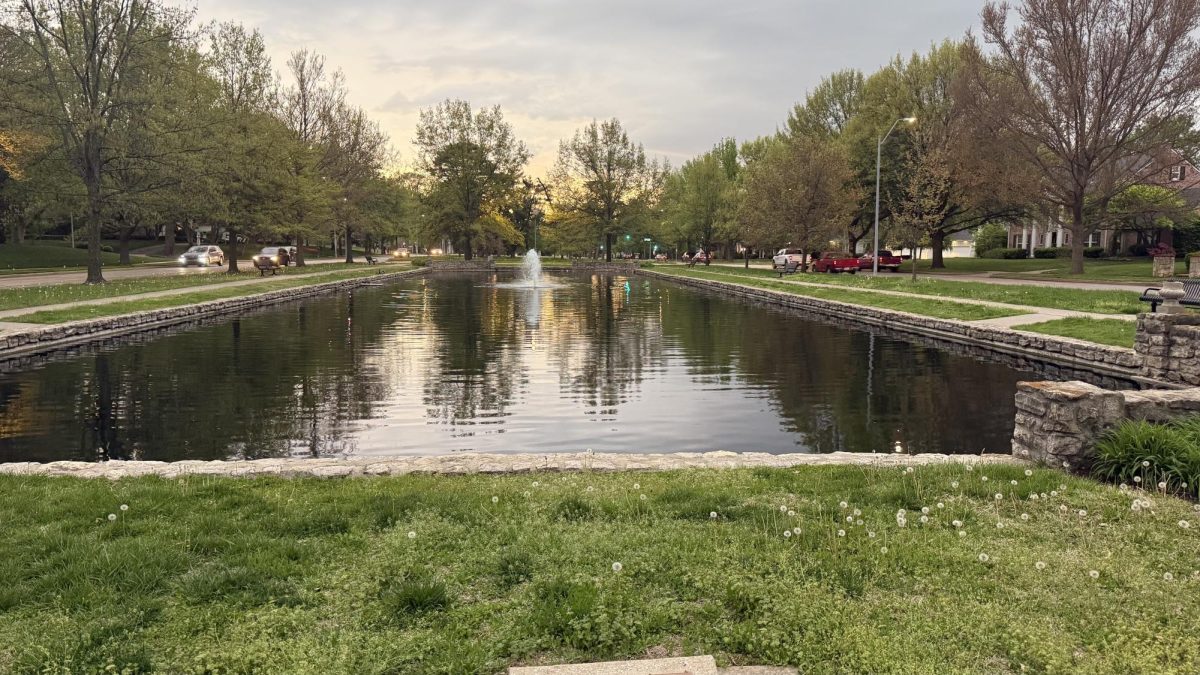
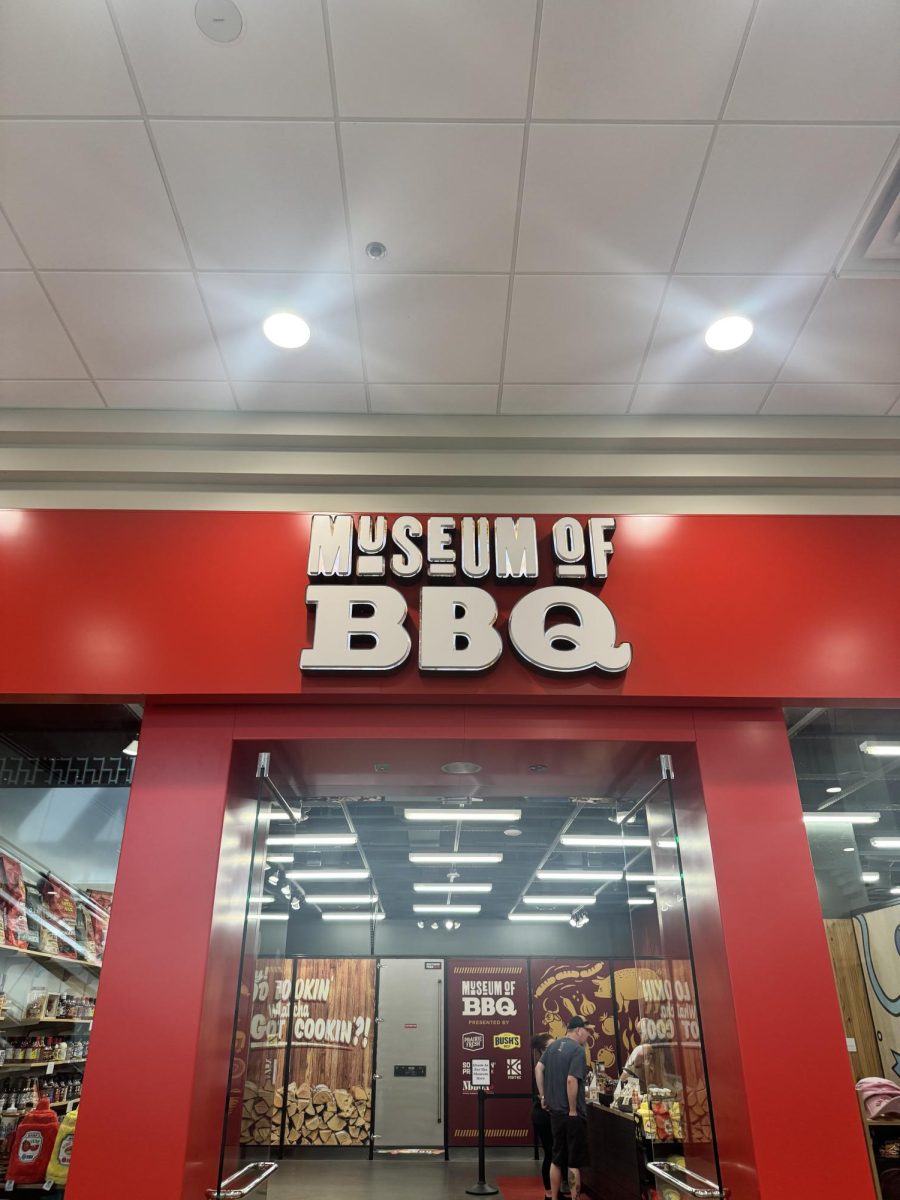
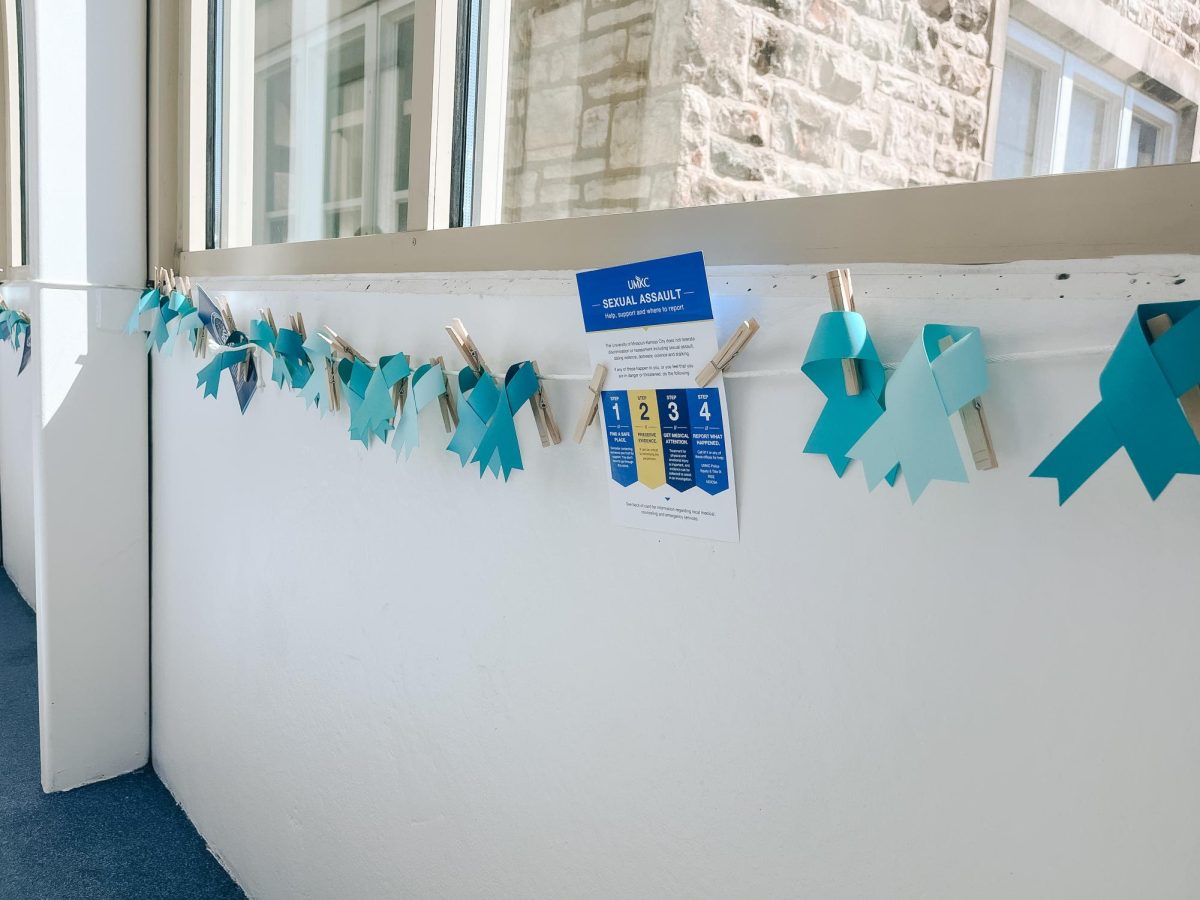
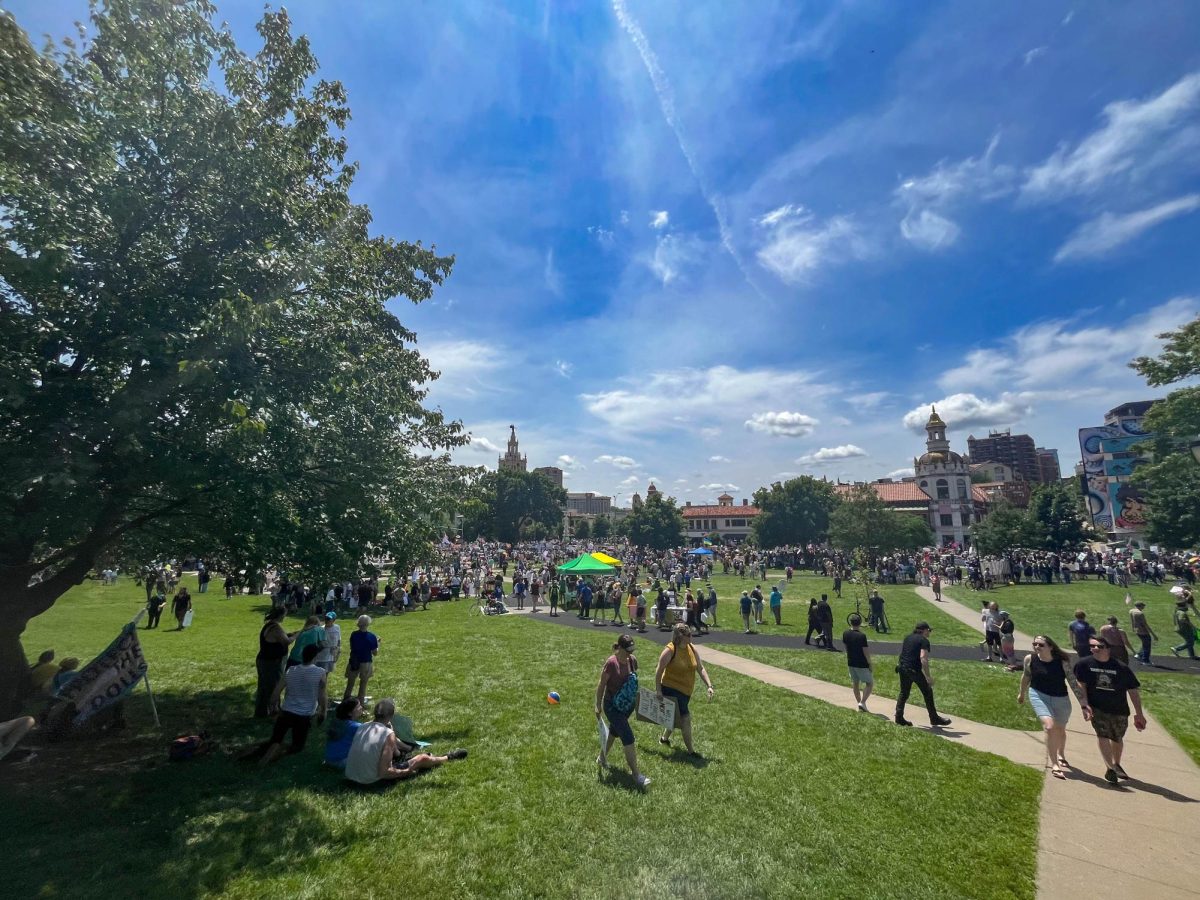
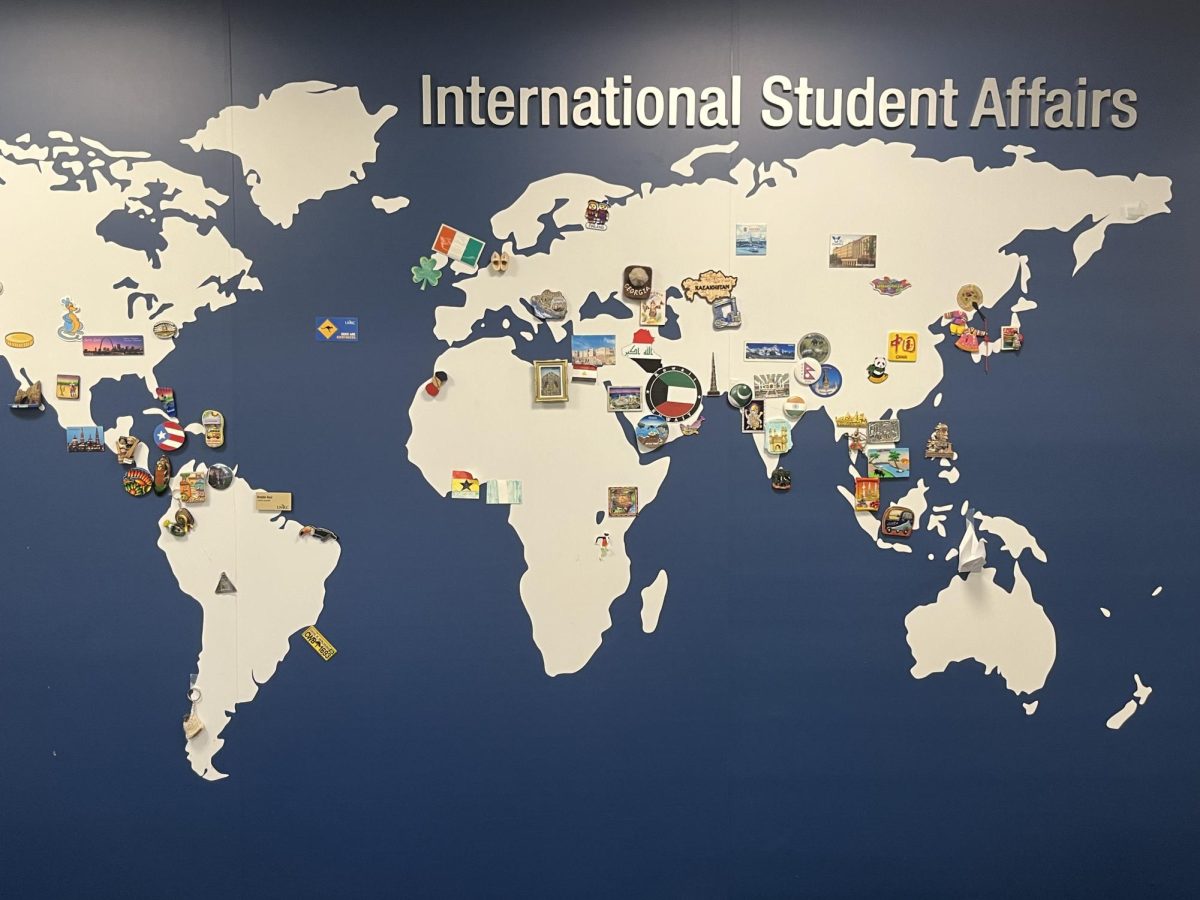
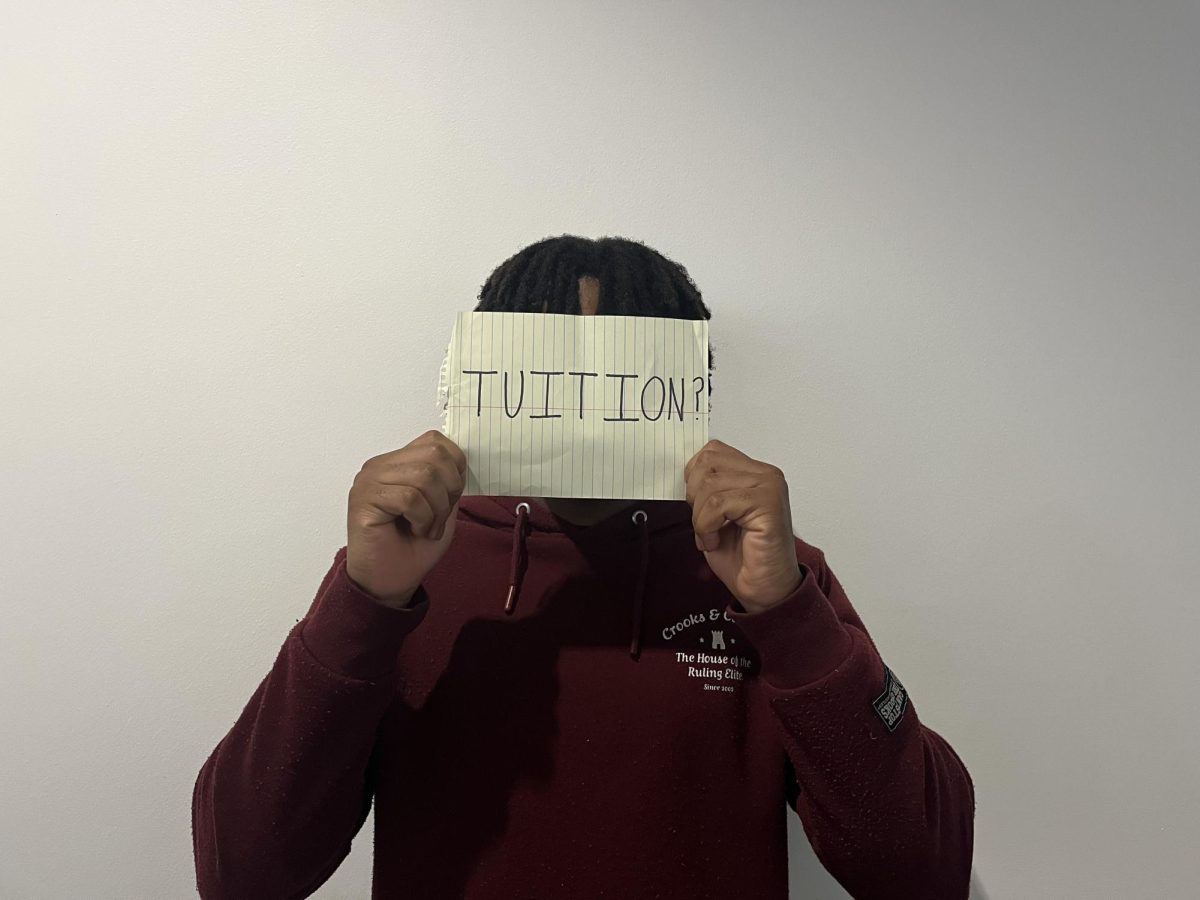
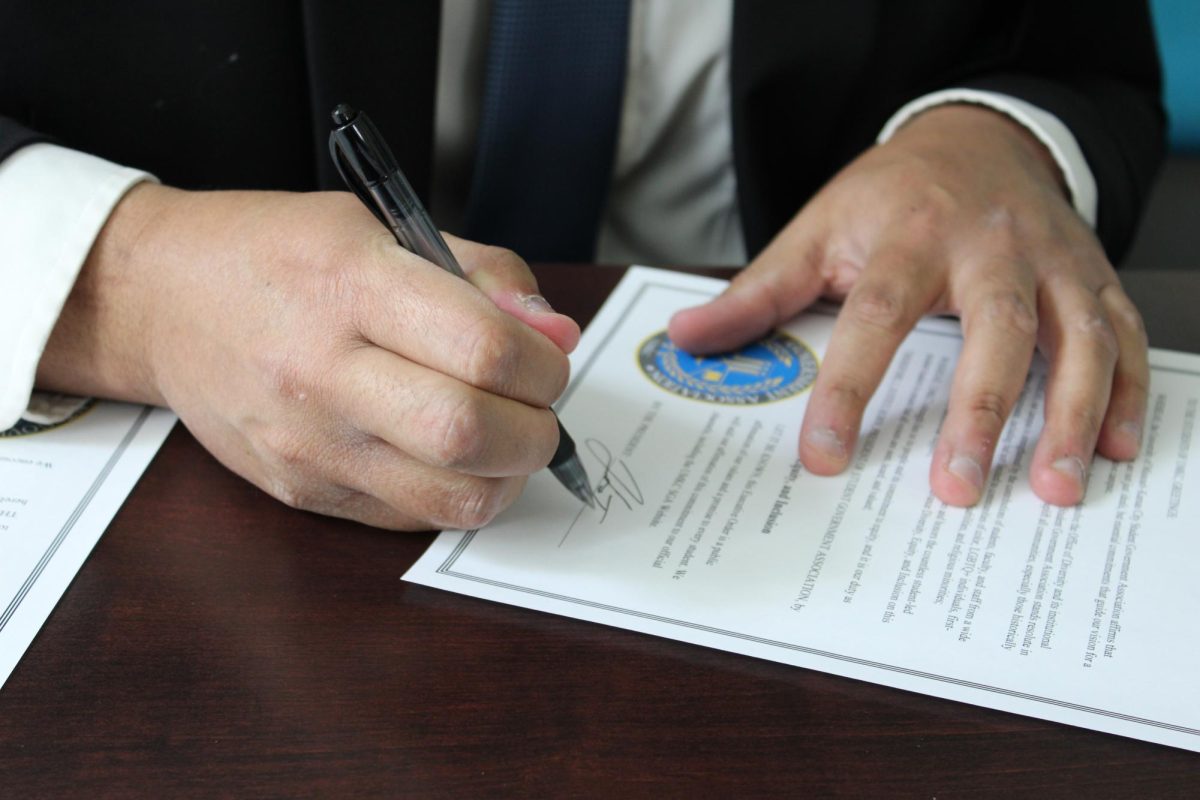
![Alex Unseth [left] and Yasmen Hassen [right] speaking at the dinner.](https://kcroonews.com/wp-content/uploads/2025/04/SGA-1-1200x800.jpg)
